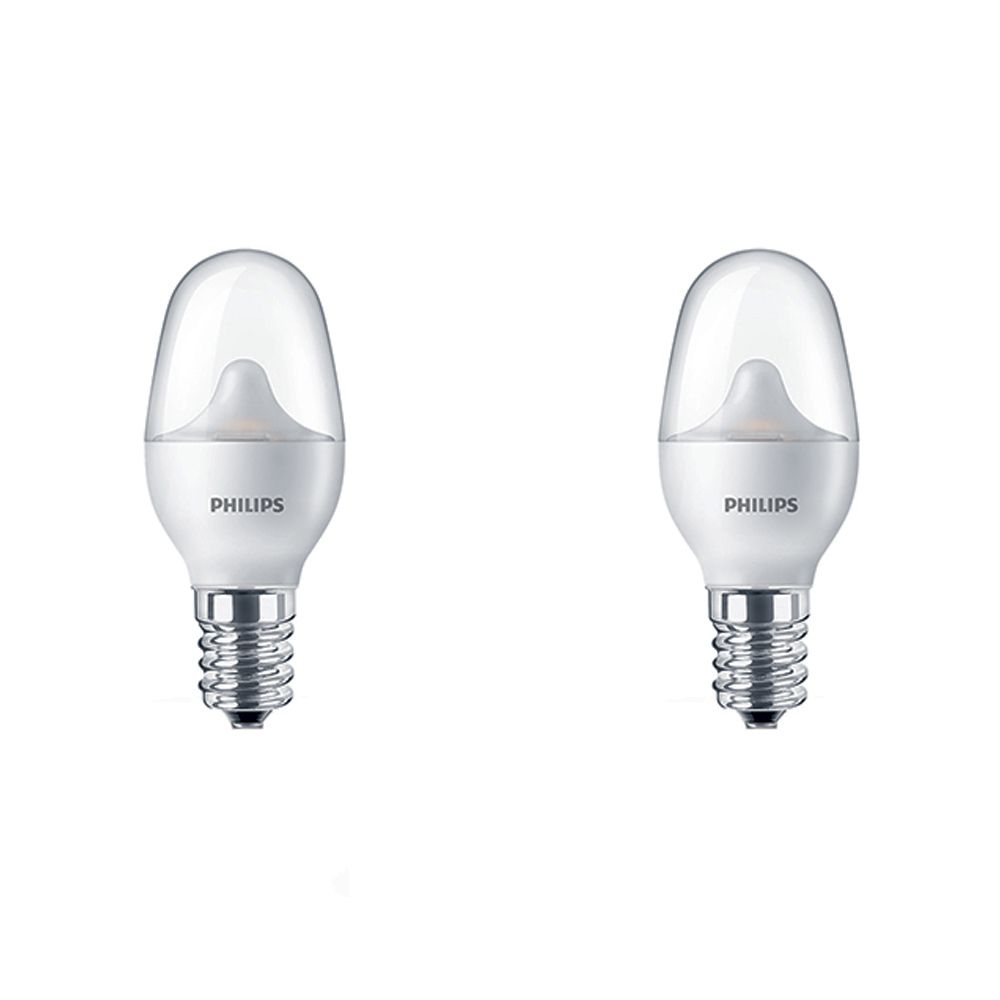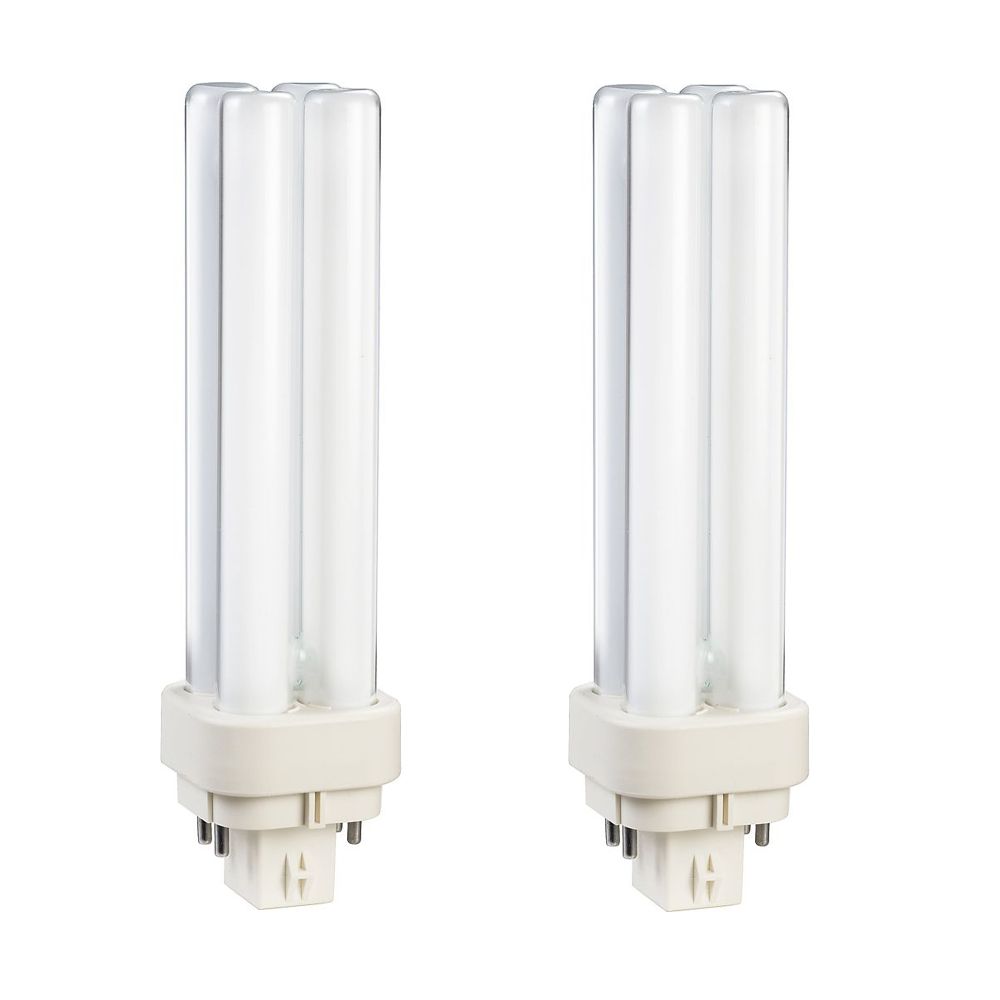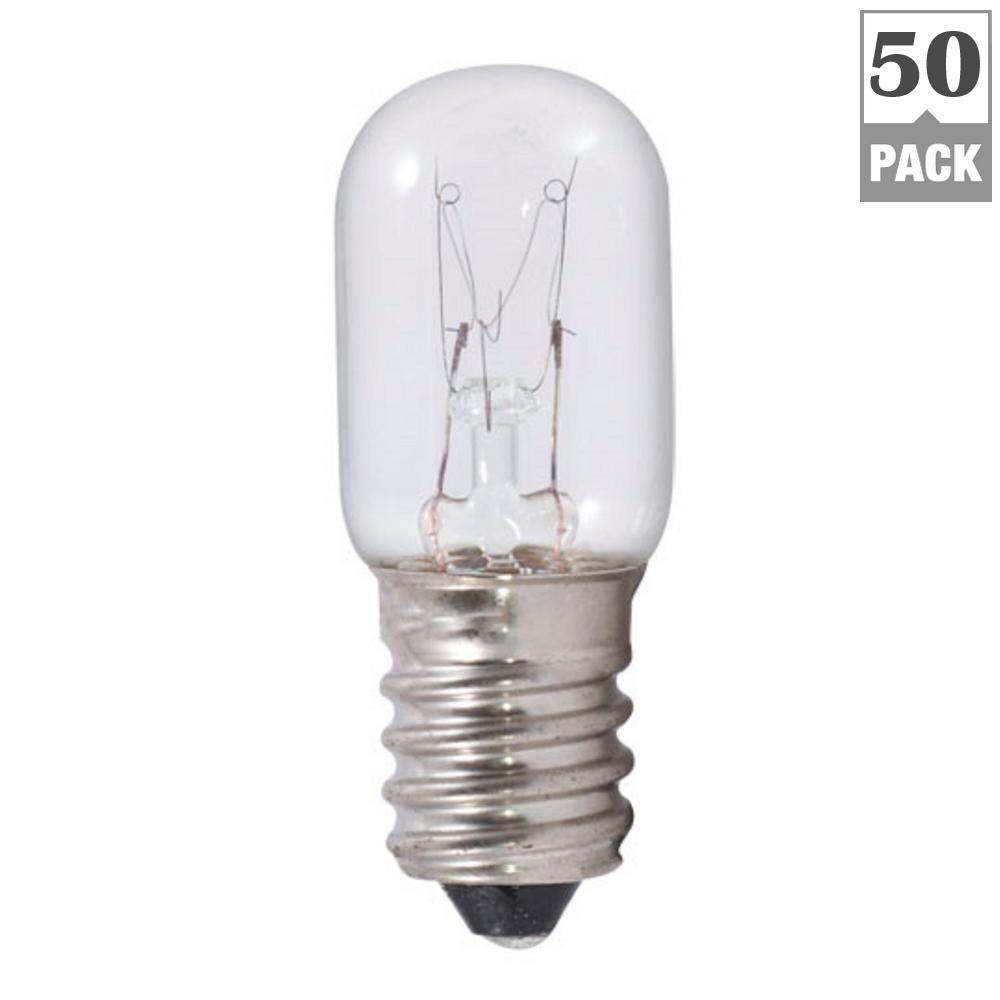Table of Content
In Germany, waste separation starts with the consumer, i.e. households must sort their waste and put it in separate bins and containers. It is possible to recycle bulbs at Home Depot but they may not be recyclable. Many other recycling options are available for those items that aren’t appropriate to be recycled. With their long lifespan, lack of hazardous chemicals, and top-notch energy efficiency, LED light bulbs are the most eco-friendly bulbs on the market today.

LED bulbs should be recycled because they contain small amounts of heavy metals. The metals should not be put in a landfill because they don’t break down. Proper light bulb disposal is one small way to support the long-term health of your community and the environment. For accidental breakage of larger numbers of lamps, such as a case or pallet, do not use a standard vacuum cleaner! Do not use ordinary residential and commercial floor vacuums, floor vacuums that trap dirt with water, or wet/dry shop vacuums. Separate any unbroken lamps and cleanup breakage with a specialized mercury vacuum cleaner or other suitable means that avoids dust and mercury vapor generation.
Recycle Responsibly: Energy Efficient Light Bulbs
Incandescent Incandescent bulbs are traditional light bulbs and do not need to be recycled. They are difficult to recycle because they contain many different parts. It's legal to throw away light bulbs in the U.S., but you should always recycle them to make use of the raw materials and minimize waste going to landfills. A high-efficiency lighting option, light-emitting diode light bulbs produce light up to 90% more efficiently than incandescent bulbs.
They can reuse the mercury in new light bulbs or in products like thermostats. The glass becomes material like concrete or tile, while the aluminum is recycled as scrap metal. Have you just dragged out the Christmas lights again only to find that you have stands that are only working intermittently or not working at all? Or have you been bitten by the little green bug and decided to purchase energy efficient LED lights this year? Whatever the reason, you may find yourself in the market for new lights this season.
Does Home Depot Recycle Light Bulbs In 2022
Now all fluorescent lamps and tubes must be recycled, or taken to a household hazardous waste disposal facility, a universal waste handler , or an authorized recycling facility. All fluorescent lamps and tubes must be recycled, or taken to a household hazardous waste disposal facility, a universal waste handler , or an authorized recycling facility. Ascertain that the bulbs have been properly disposed of, and that they have not contaminated the environment or caused health problems.
Commerzbank allowed the sponsorship contract to expire on June 30, 2020, after 15 years. The new name sponsor as of July 1, 2020 is Deutsche Bank, with whom a contract has been concluded until June 30, 2027, with an option to extend. Since July 1, 2020, the stadium is officially called Deutsche Bank Park. The main user of the stadium is the football team Eintracht Frankfurt, which has used the stadium as its home base since 1963. The arena has its own railway station, Frankfurt Stadion, on the national rail network. Here you will find further helpful information on the topic of waste separation provided by the Federal Environment Agency.
How to Recycle Light Bulbs
Another important part of recycling is making sure that people don’t recycle non-recyclable items, as that can increase waste and expose the earth to toxic chemicals. Halogen light bulbs are similar to traditional incandescent bulbs. The key difference is that Halogen bulbs also have a small amount of inert gas inside the bulb. The gas increases the amount of light put out by the bulb, as well as the lifetime of the bulb. Despite the presence of mercury gas, CFL bulbs require no special handling for recycling. You don’t need to take the bulbs to a hazardous waste facility.
Many recyclers won’t accept incandescent light bulbs because the energy required to recycle them is not worth the salvaged material. While some Home Depot locations may accept fluorescent tubes along with CFL bulbs, some may not. It’s always helpful to call ahead to the location you intend to recycle at, or else you may waste a trip if they don’t accept your bulbs.
Additionally, many cities have recycling centers that accept LED light bulbs, so you can check with your local municipality to find out where you can recycle your bulbs. Home Depot is one of the largest home improvement retailers in the United States. Many customers inquire as to whether or not Home Depot recycles light bulbs. Some types of bulbs, such as CFLs, are recycled at the store, but not others, such as incandescent and halogen bulbs. Because each store has its own recycling service, it is best to check with the store before bringing in bulbs.
Special waste and electrical waste, in particular, can gravely harm the nature and our health and must be disposed separately of household waste. In most municipalities, these types of waste are disposed of at the recycling depots. For electrical waste, however, you will occasionally receive some money. You can find a recycling depot nearby by googling the word „Recyclinghof“ along with the name of your town/district. Incandescent bulbs and lamps are not hazardous to your health.
This is a complete list of bulbs, with information about whether or not they are recyclable by Home Depot. Open a window or door to the outside to air out the room for 5-10 minutes while you collect all broken glass and visible powder. Do not vacuum up the pieces because this could spread mercury-containing powder or vapor. The bipartisan Energy Independence and Security Act of 2007 established efficiency standards that required bulbs to use about 25% less energy. You can find the bulb type on the packaging or sometimes the thread where the bulb screws in.

Incandescent bulbs, for example, can be disposed of in any household trash can by simply wrapping the bulb in a thick paper bag to prevent injury from broken glass. The light has an unnatural appearance, and the bulbs contain mercury gas. Last up to ten times longer than standard incandescent light bulbs. Home Depots Eco Actions website provides a handy guide to recycling CFL light bulbs in their stores. AUWEKO "city boxes" can be found in airports, railway stations, shopping centres, exhibition halls, banks, administrative centres, retail chains, urban areas and stadiums. For 25 years, AUWEKO has been developing collection systems for recyclable materials that combine great design, functionality and robust construction.
Home Depot accepts all CFLs, fluorescent tubes, and HIDs, while Lowes accepts CFLs and fluorescent tubes. To recycle your light bulbs, simply bring them to the customer service desk at either store, and they will be taken care of in an eco-friendly manner. This is a great way to help reduce waste and keep light bulbs out of landfills.

Therefore, the Environmental Protection Agency suggests that consumers and businesses property dispose of e-waste at electronic recycling facilities. Electric light bulbs were regarded as one of the most important and innovative inventions of all time after the discovery of fire. In addition to fighting darkness and preventing fire and gaslight damage, light bulbs are essential in ensuring the safety of human life. This can be accomplished by a variety of methods and approaches. By following the steps listed below, you can recycle your compact fluorescent light bulbs more easily.
Home Depot also offers a free recycling kit that can be ordered online and shipped directly to customers, making it even easier to recycle light bulbs. With this program, Home Depot is helping to create a more sustainable future for everyone. They are not permitted to be thrown away in regular trash or put out curbside for collection as they are considered to be hazardous waste. Some local recycling programs have special recycling protocols for these tubes.

No comments:
Post a Comment